Communal violence is often a deliberate product of human design, seemingly provoked by national or religious passions. Attempts to contain it by encouraging ideas of secularism, unity in diversity and composite nationalism have failed to produce the desired results as is evident from the recurring inter-group conflicts, particularly Hindu-Muslim conflicts. To achieve a durable inter-group harmony, there is a need to impart lessons of reconciliation at the grass roots level and involve the participation of the civil society. Professor Oommen has forcefully argued this point in Reconciliation in Post – Godhra Gujarat : The Role of Civil Society. As chair of the Gujarat Harmony Project (GHP), initiated by CARE India and comprising 12 partner NGOs, T.K. Oommen was closely associated with the rehabilitation programme in Post-Godhra Gujarat. While there were numerous attempts to provide relief and rehabilitation in post-riot situations, none of them were specifically aimed at reconciliation. In this regard, the GHP’s role–with its focus on reconciliation along with re-building livelihood, as well as psychological healing and therapy among the victims of the 2002 Gujarat Carnage — can be viewed as an ‘innovative intervention’. This book records the efforts launched by the GHP and challenges faced by it in building inclusive communities. In the process, Oommen has analyzed the dynamics of communal violence by situating the description of the carnage in a historical context and providing a detailed socio-political profile of Gujarat.
ABOUT THE AUTHOR T.K. Oommen
Prof. T.K. Oommen is an eminent Social Scientist and so far the only scholar from Asia and Africa to have been elected to the position of President (1990-94), International Sociological Association (ISA), a fifty-year old UNESCO-sponsored world body of Sociologists. He was the Secretary-General of the XI World Congress of Sociology, the quadrennial Congress of the ISA, held in New Delhi in 1986. Pro. Oommen was also the President of the Indian Sociological Society during 1998-1999. Prof. Oommen authored/edited 18 books and over 100 research papers in top professional journals, both Indian and international. His recent books include: Citizenship, Nationality and Ethnicity, Polity Press, Cambridge, 1997; Equality, Identity and Pluralism, Oxford University Press, 2002; and Nation, Civil Society and Social Movements, Sage Publication, 2004. He has been given three prestigious awards-the V.K.R.V. Rao prize in Sociology (1981); the G.S. Ghurye award in Sociology and Social Anthropology (1985) and the Swami Pranavananda Award for Sociology (1997) in recognition of his professional contributions. An internationally reputed scholar, Prof. Oommen was invited to be a visiting Professor/Fellow at: Department of Sociology, University of California Berkeley (U.S.A.), Fall 1990; Maison des Sciences de L'homme, Paris (France), June-July 1992; Wissenshaftszentrum Berlin, May-July 1993 and June 1994; Research School of Social Sciences, Australian National University, Canberra, Australia, December 1993; institute of Advanced Studies, Bdapest, Hungary, October 1994-July 1995; Institute of Advanced Studies, Uppsala, Sweden, January-June 1998. Professor Oommen started his academic career in 1964 as a faculty member of Delhi University, joined Jawaharlal Nehru University as Associate Professor in 1971. He became a full Professor in 1976 and retired from JNU in October 2002. At present Professor Oommen is Chair, Non-traditional Security, Delhi Policy group; Chair, Schumacher Centre, Delhi; Chair, Programme Advisory Group, Gujarat Harmony Project, CARE India, New Delhi and President, Forum for India and European Union.

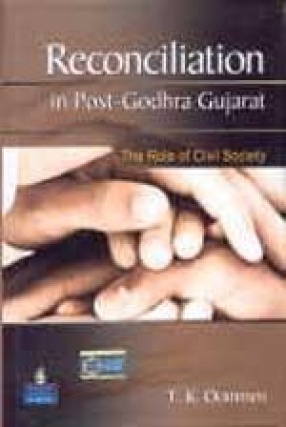
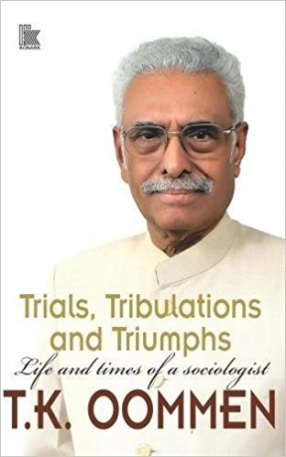
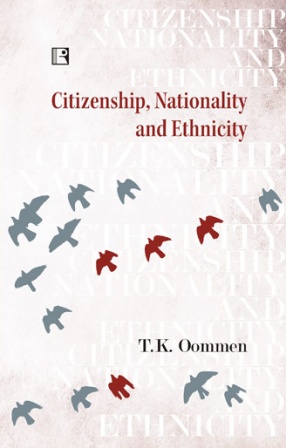
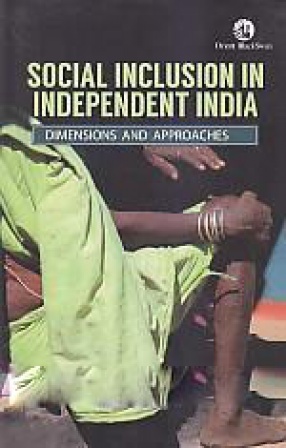
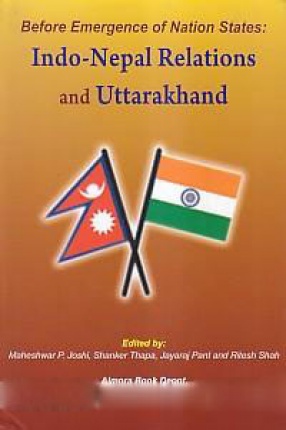

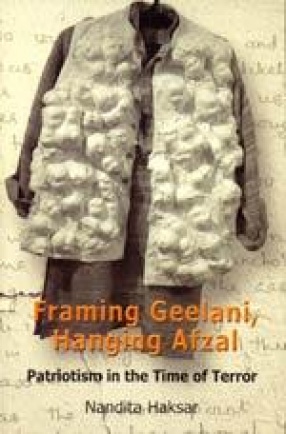
There are no reviews yet.